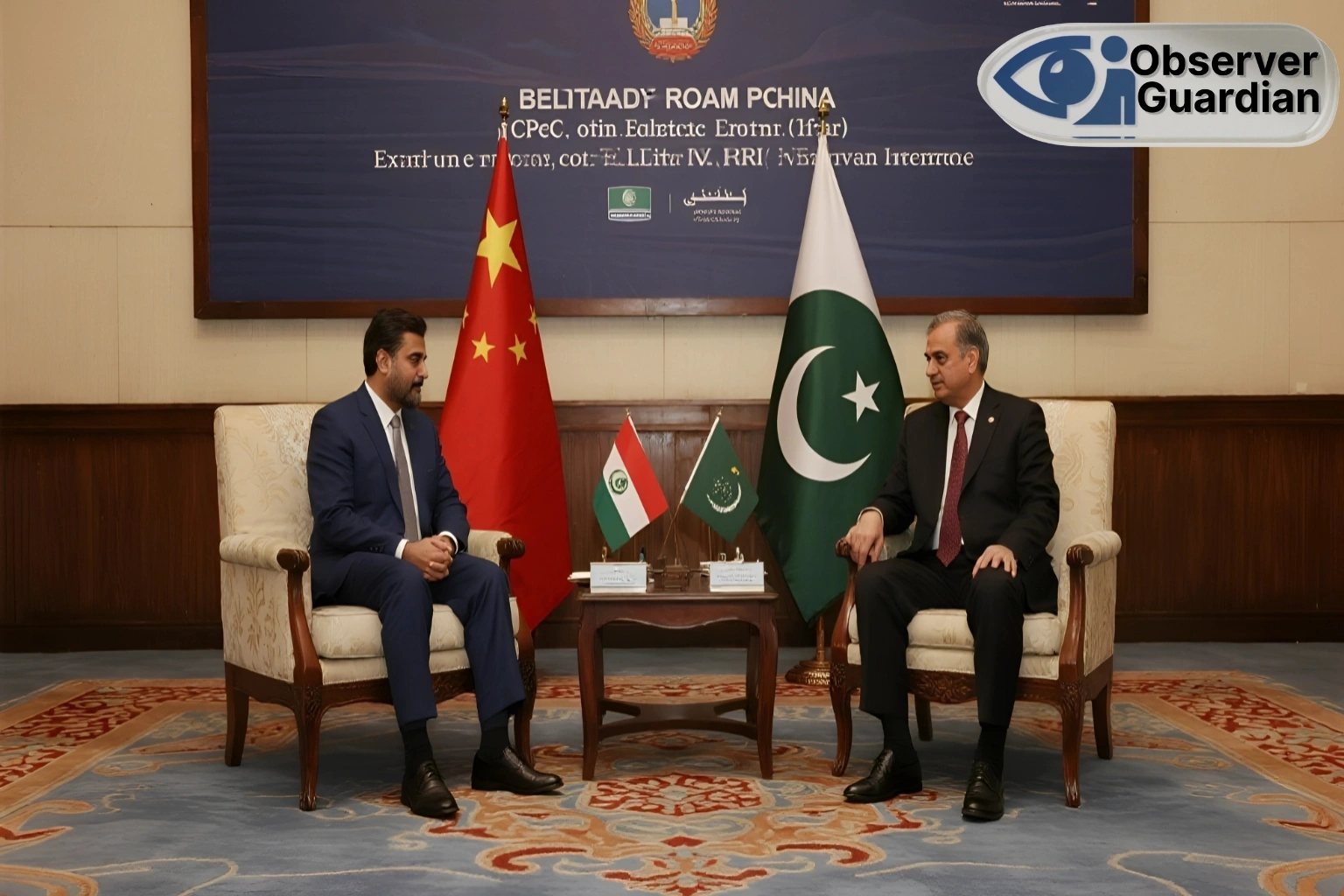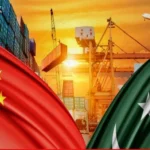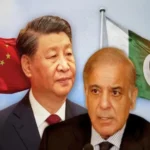China and Pakistan are in all-weather friendship and are seeking new chapters of relations as well. In their cooperative meeting, Pakistan’s Ahsan Iqbal (Minister of Planning, Development, and Special Initiatives) and China’s Lu Hao (President of China’s Development Research Center and Centre for International Knowledge on Development) provided an indication of their advancing economic ties. Their discussion demonstrated the impact of the China-Pakistan Economic Corridor (CPEC) on transformation of their partnership. This is from being an infrastructure only initiative to an agenda for reforms, institutional development and knowledge based growth. With the help of this novel partnership, China and Pakistan will strengthen their strategic economic alliance.
The CPEC’s evolution and historical context
CPEC is a project under the flag of China’s Belt and Road Initiative (BRI). This was initiated in 2015 to provide connectivity to the African, European and Asian region with the help of infrastructure projects. To improve regional connection between the Gwadar Port in Pakistan and the Xinjiang area of China, a network of pipelines, roads, railroads, and industrial zones was initiated. It has now developed into a platform that fosters business, commerce, and interpersonal relationships. Pakistan-China relations are evolving into a multifaceted relationship that combines social development and economic collaboration because of this more comprehensive approach. Ahsan Iqbal emphasizes CPEC’s role in transforming bilateral ties into a social and economic alliance by assisting bilateral connections evolving into social and economic partnerships.
Taking Note of China’s Reform Era Achievements
An international success story is China’s quick transition from an agricultural economy to the world’s industrial powerhouse. Pakistan now seeks to accelerate its own growth trajectory through the application of the same scientific, rigorous economic planning methodologies. Pakistan hopes to use scientific economic planning as a model and follow China’s reform trajectory. Pakistan is trying to copy the policy framework of China since the 1970’s in order to enhance its effectiveness and update its economic institutions.
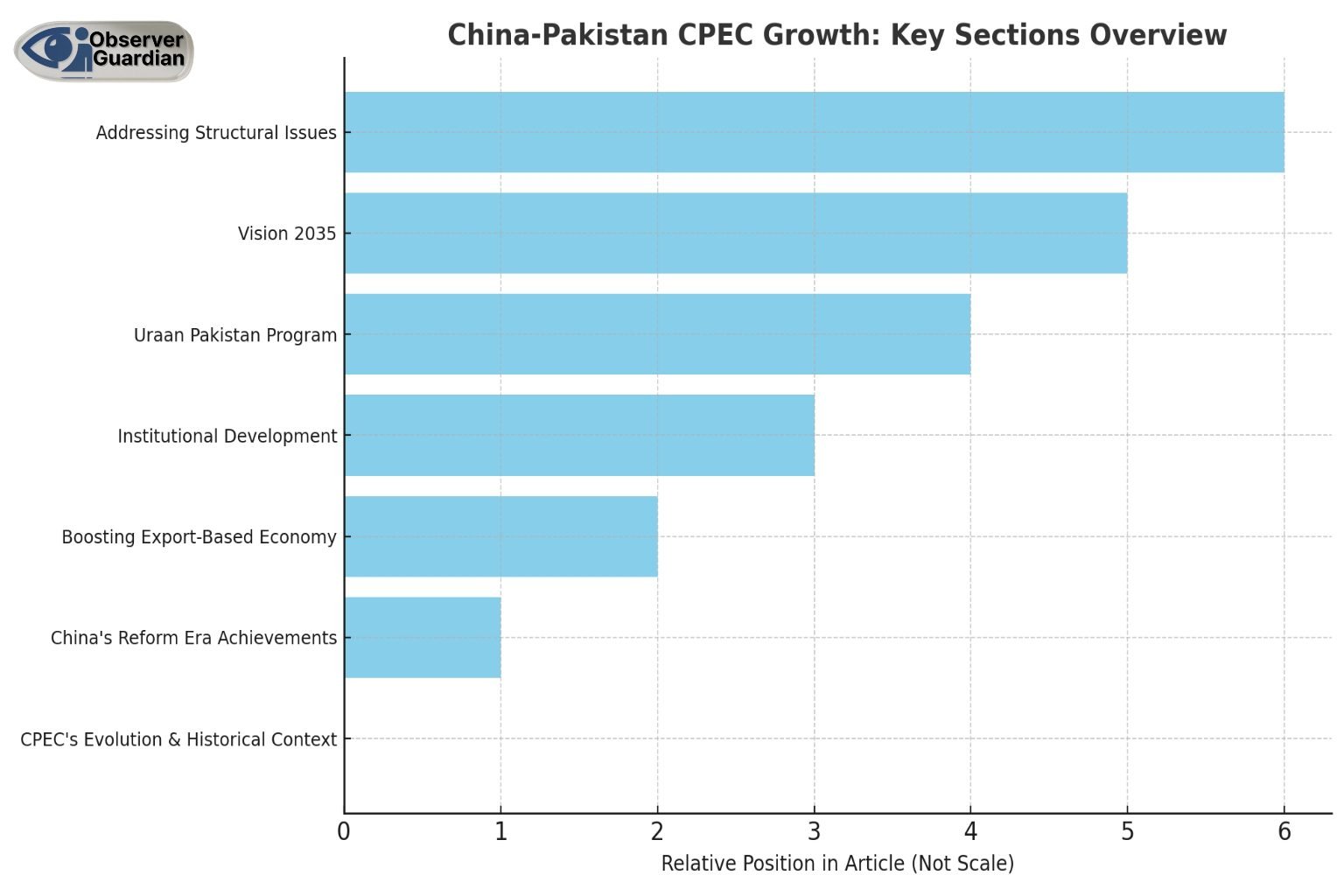
Boosting the Export Based Economy of Pakistan
China’s support for Pakistan’s transition to an export driven economy was one of the primary grounds of dispute.
Minister Lu Hao expresses confidence in Pakistan’s export led growth strategy. This strategy seeks to create jobs, increase foreign exchange reserves, and lessen reliance on imports.
Access to China’s $2 trillion import market is identified as a top priority for Pakistan. At the same time, efforts are underway to further integrate Pakistan into global value chains. Pakistan seeks to deepen integration into global value chains through Chinese cooperation.
Creating Institutions via Collaborative Training and Research
Beyond infrastructure and commerce, both parties agreed that institutional skill development is a crucial component of economic cooperation. Joint research and training programs are required to boost Pakistan’s institutional capacity. Additionally, the two countries are promoting professional and intellectual interactions. It is anticipated that expert exchange between Pakistan and China will strengthen economic governance, thereby providing Pakistani institutions with cutting-edge planning, management, and implementation capabilities.
How does the Uraan Pakistan Program contribute to domestic economic stability and reform?
One of Pakistan’s most well known reform initiatives with a long term sustainability goal is Uraan Pakistan. This program spearheads economic reforms for long term sustainability. The nation has witnessed a noteworthy macroeconomic rebound, along with a bullish capital market and a steep drop in interest rates from 23% to 11%, marking a major economic turnaround. Pakistan Stock Exchange hits record high with 140,000+ points that is an indication of market resilience and investor optimism.
Vision 2035 of Pakistan
The New Deal between China and Pakistan provides a foundation for both economic improvement and institutional revolution. Pakistan is targeting on becoming a $1 trillion economy by 2035 with Chinese partnership according to its Vision 2035. This goal is centered on technology transfer, export led growth, and knowledge based businesses. The revitalized cooperation enables significant structural changes. The new agreement aligns national development goals with sustainable and equitable growth by laying the foundation for institutional reform and economic vision.
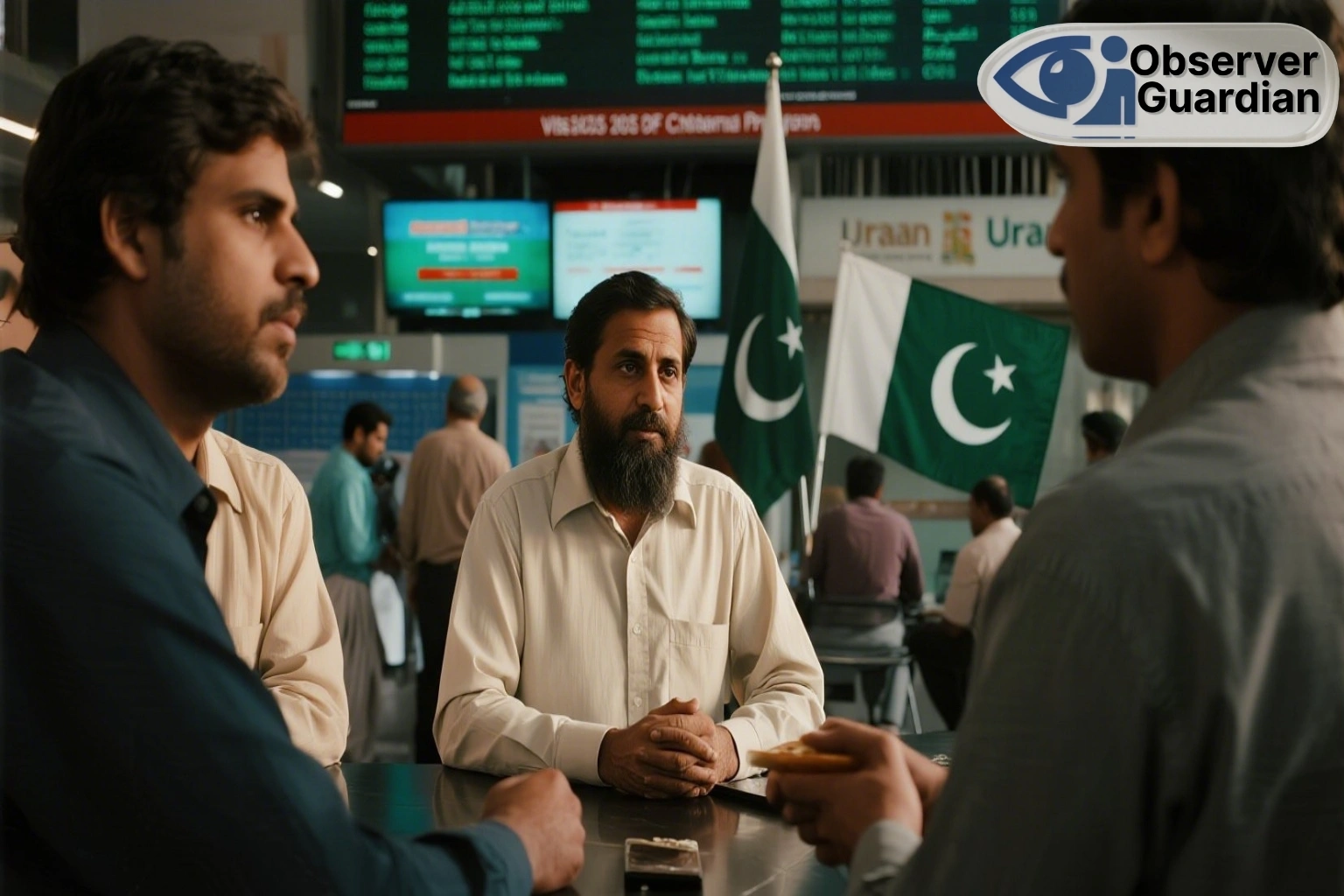
Addressing the structural issues
Pakistan is facing the problem of structural drawbacks. In spite of development, fundamental issues still hinder the improvements and sustainability. Political stability and consistent policies of Pakistan should be the helping factor for its sustainable economic growth. Both the countries (China and Pakistan) agreed on the working of Pakistan’s political volatility and asymmetrical policies to prevent their economic growth reduction. To promote sustainability, Pakistan needs a stable climate for drawing foreign direct investment and promoting changes.
The latest exchange of messages between China and Pakistan marks a significant change in the evolution of their strategic partnership. CPEC has evolved from a collection of physical infrastructure projects to a platform for export oriented growth, knowledge transfer, and institutional transformation. The partnership has the potential to make economic dreams a reality with Pakistan’s tenacity as support and China’s reform experience as a guide. The objective of Pakistan of establishing a trillion-dollar GDP by 2035 may be achieved if both countries continue to have the same political commitment and strategic vision.
Disclaimer: The views and opinions expressed in this article are exclusively those of the author and do not reflect the official stance, policies, or perspectives of the Platform.

